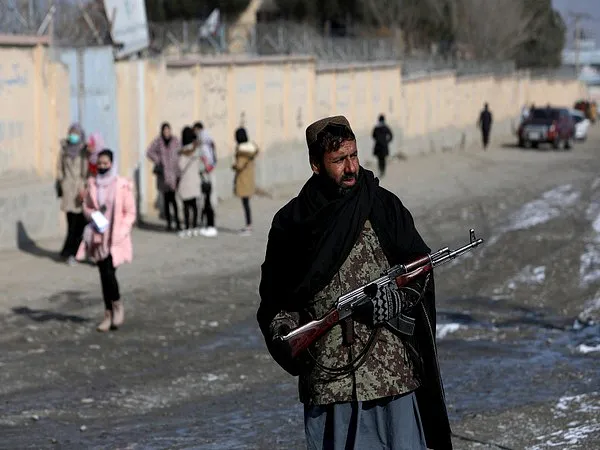A former Afghan army general has said that military action against the Taliban is the only way forward for stability in Afghanistan, reported local media citing sources.
Vowing war against the Taliban after Eid al-Fitr, former army general, Lt Gen Sami Sadat, has said that the eight months of Taliban rule in Afghanistan have convinced him and many other Afghans that military action is the only way forward, reported Khaama Press.
Sadat said that he and others would “do anything and everything in our powers to make sure Afghanistan is freed from the Taliban and a democratic system is re-established,” Khaama Press quoted him as saying during a conversation with a UK-based media outlet.
Refusing to mention a specific timeline, he said, “Until we get our freedom, until we get our free will, we will continue to fight.”
Underlining the civil rights violation under the Taliban rule, the former general noted that the restrictions on women’s freedom and target bombings have reached their peak more recently.
“What we see in Afghanistan in eight months of Taliban rule has been nothing but more religious restrictions, misquotation, misinterpretation and misuse of the scripts from the Holy Koran for political purposes,” the media outlet quoted him as saying.
“Unfortunately, every day you wake up, the Taliban have had something new to do, torturing people, killing, disappearances, food shortages, and child malnutrition,” he added.
The Taliban took control of Afghanistan on August 15, 2021, rolling back women’s rights advances and media freedom – the foremost achievements of the post-2001 reconstruction efforts on gender equality and freedom of speech, reported Khaama Press.
Notably, the situation of human rights in Afghanistan has worsened since the collapse of the Afghan government. Although the fighting in the country has ended, serious human rights violations continue unabated.
Further, the country is grappling with a serious humanitarian crisis as according to international assessments, Afghanistan has now the highest number of people in emergency food insecurity in the world, with more than 23 million in need of assistance, and approximately 95 per cent of the population having insufficient food consumption.

